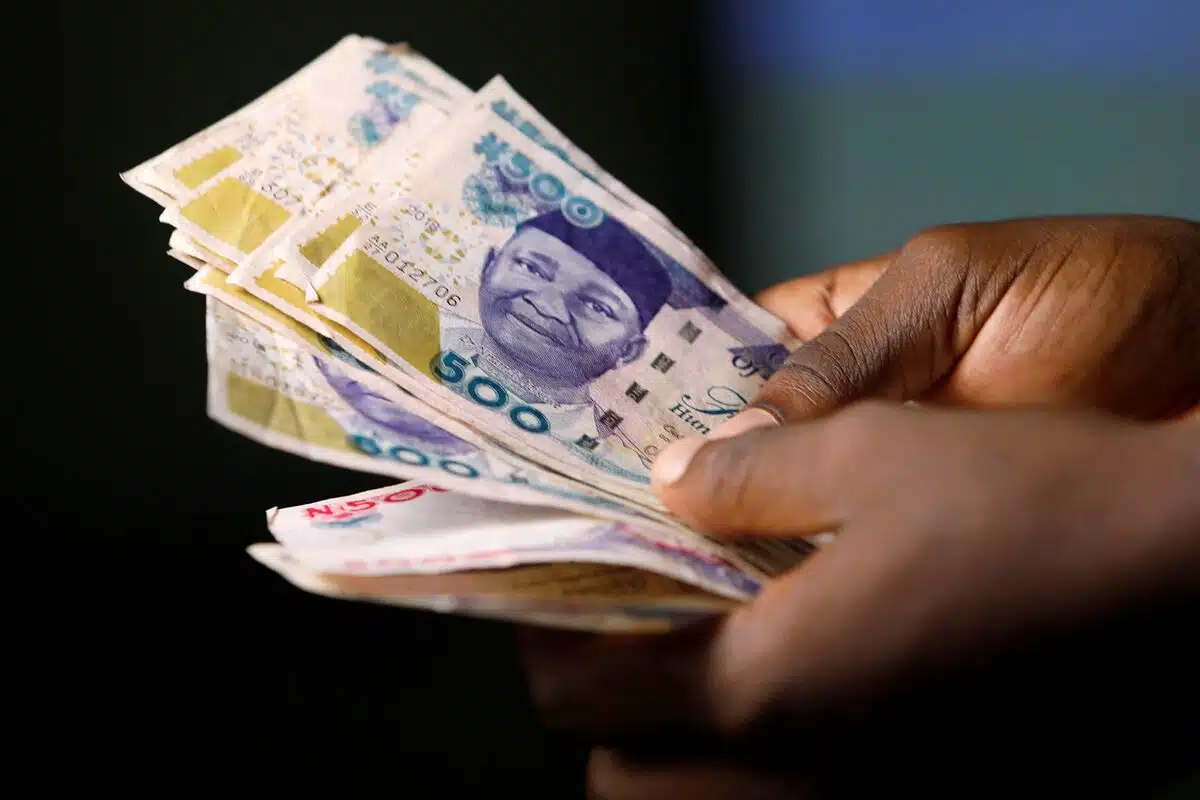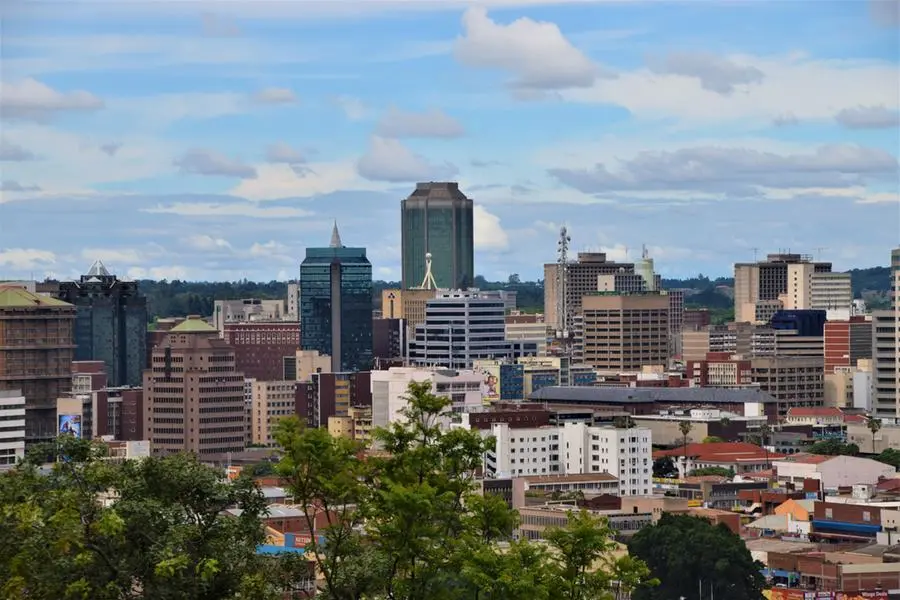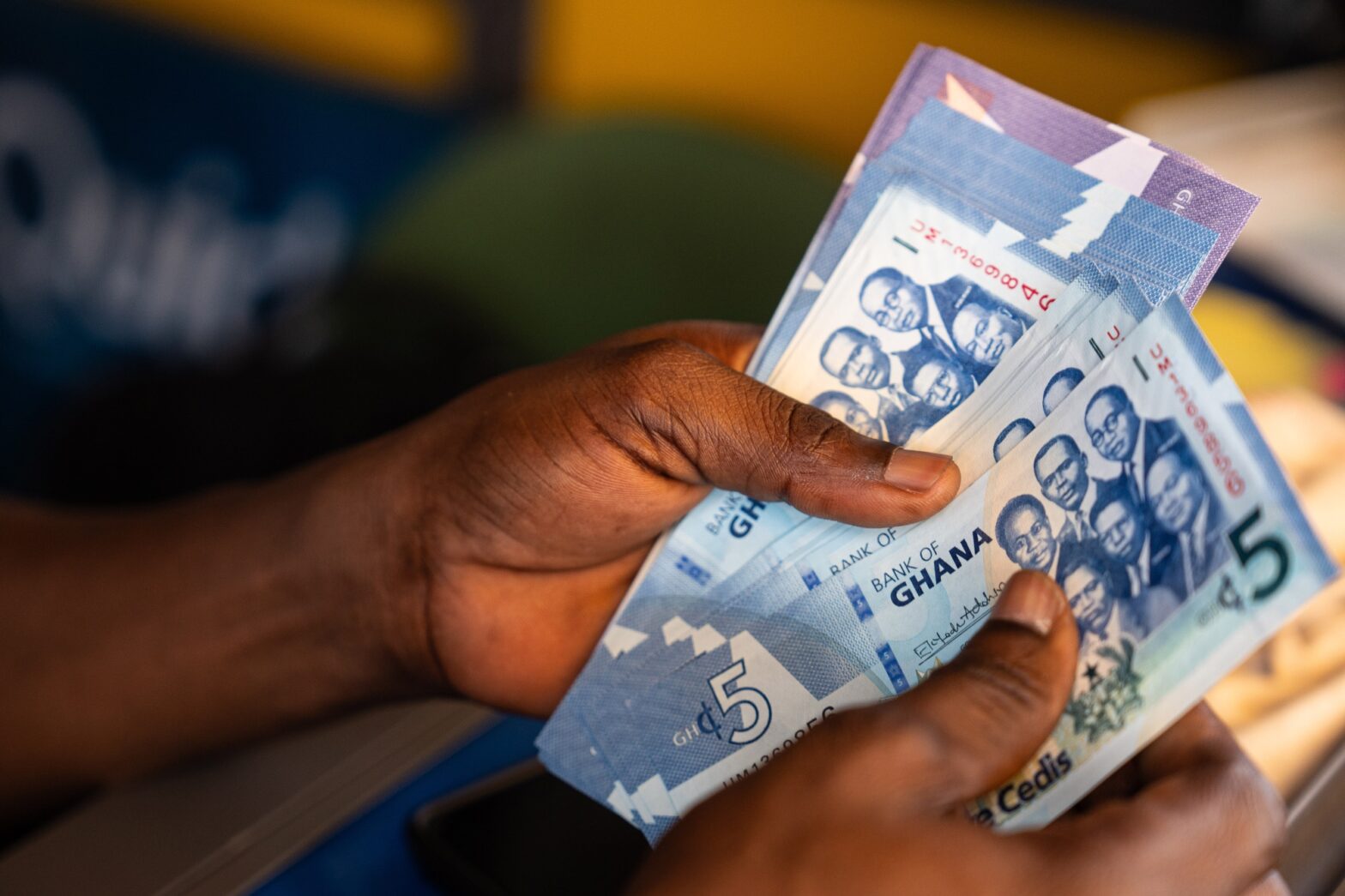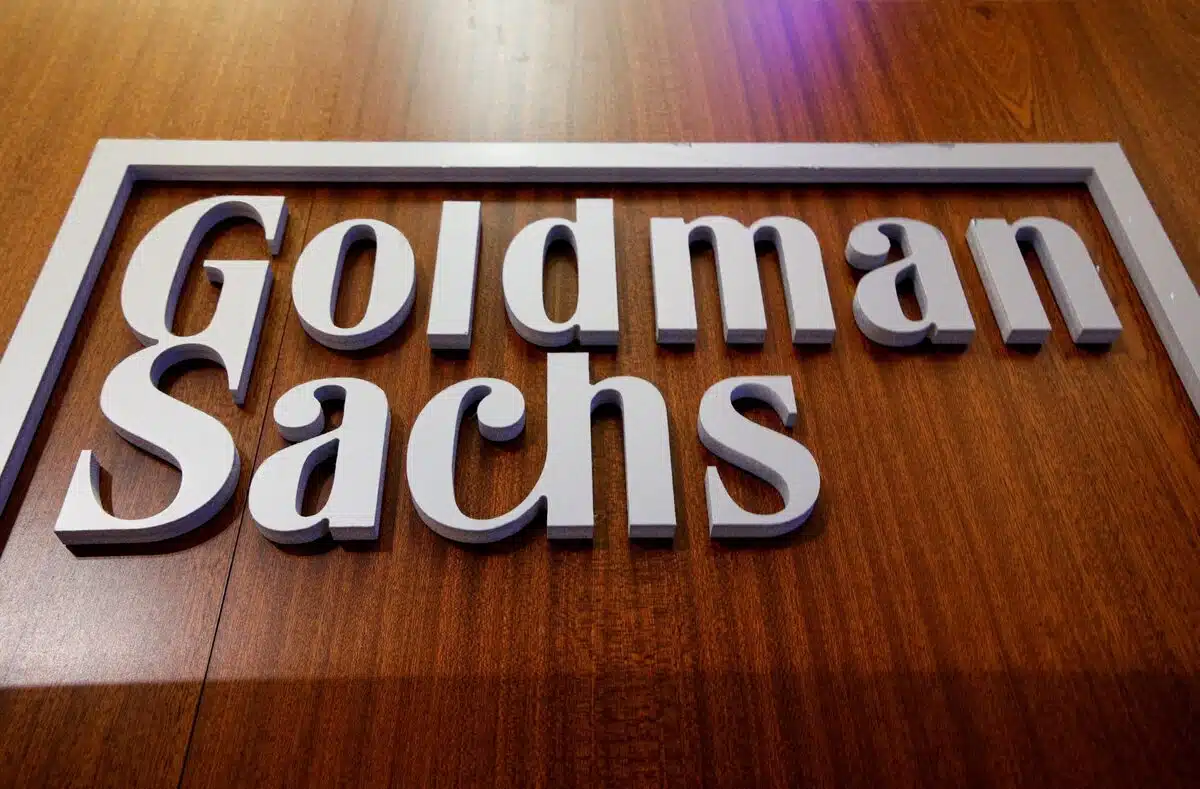Nigeria’s headline inflation slowed for the third consecutive month in June 2025, falling to 22.22% from 22.97% in the previous month, according to new data released by the National Bureau of Statistics (NBS) on Wednesday.
The latest figure marks the lowest inflation rate recorded by the country since January this year, when the consumer price basket was rebased. The base reference year was changed from 2009 to 2024.
“In June 2025, the headline inflation rate eased to 22.22% relative to the May 2025 headline inflation rate of 22.97%,” the NBS said in its report.
“Looking at the movement, the June 2025 Headline inflation rate showed a decrease of 0.75% compared to the May 2025 headline inflation rate.”
On a year-on-year basis, annual inflation fell sharply by 11.97%, down from 34.19% in June 2024. The drop reflects the impact of a high base year and a significant fall in food inflation.
Food inflation, a major driver of headline inflation, eased to 21.97% in June from 40.8% in the same month last year, reflecting a decline of 18.9 percentage points.
“The significant decline in the annual food inflation figure is technically due to the change in the base year,” the statistical agency noted.
However, on a monthly basis, food inflation ticked up to 3.2% in June from 2.19% in May, suggesting that prices are still rising in the short term.
Core inflation, which strips out volatile items like food and energy, also declined, falling by 4.6 percentage points to 22.76% in June from 27.4% a year earlier .
The steady decline in inflation comes just ahead of the Central Bank of Nigeria (CBN)’s next Monetary Policy Committee (MPC) meeting, scheduled for July 21–22.
The CBN has kept its benchmark interest rate at 27.5% since the start of 2025, opting for a cautious approach despite the recent easing in inflation as macroeconomic headwinds persist.
Last year, the apex bank raised rates six consecutive times, increasing the Monetary Policy Rate (MPR) by a total of 875 basis points in a bid to tame surging inflation and stabilise the naira.
Analysts believe the recent disinflation could pave the way for rate cuts in the second half of the year.
Investment firm Afrinvest Limited projected in a recent report that the CBN could slash interest rates by as much as 150 basis points in the fourth quarter, provided there are no major economic shocks.
If realised, such a move would mark Nigeria’s first interest rate reduction in nearly five years.
However, not all observers are convinced.
In its latest country review, the International Monetary Fund (IMF) urged the CBN to maintain its tight monetary stance to consolidate the gains made since April.
The IMF expects the downward inflation trend to continue over the medium term, driven by sustained macroeconomic tightening and a projected decline in retail fuel prices.
Still, some financial analysts are pushing for the central bank to begin easing, arguing that lower rates would help boost credit to the private sector and support economic recovery.










